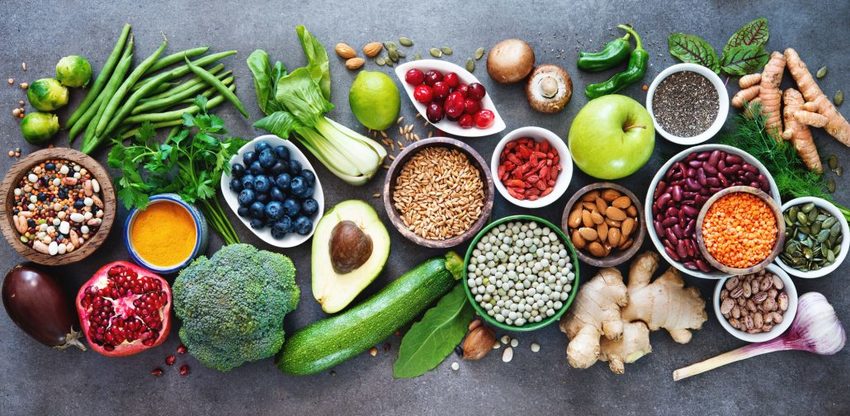Impact of Cooked vs. Raw Food on Gut Microbiota
Nov
7
Their research came up with that varied results between food types. It suggests that cooking sweet and white potatoes is a good idea, while consuming raw or cooked beef, carrots and beets is nearly the same. For example, consuming raw sweet potatoes led to lower microbiome diversity, a higher expression of genes and enzymes for metabolizing starch, sugar and xenobiotics. It also altered metabolic byproducts when compared with cooked-fed mice. However, raw and cooked lean beef had similar impacts on the gut microbiome; there was not much difference.
By feeding the mice controlled diets with different raw and cooked low- and high-starch foods—including sweet potato, white potato, corn, peas, carrots, and beets—the authors confirmed that gut microorganisms were sensitive to starch digestibility.
The study found that low-digestibility starch when raw (sweet potato and white potato) led to the most profound changes in gut microbial community structure. However, low-starch foods (carrot and beet) or foods with a high amount of high-digestibility starch when raw (corn and peas) led to almost undetectable changes in gut microbes.
Cooked foods were mainly digested and absorbed in the small intestine (thus, processed by host enzymes), whereas raw foods reached the colon, where they had detrimental effects on microbes, attributable to antimicrobial compounds.
By quantifying microbial cell damage in gut samples, Carmody and colleagues found that the mice fed raw tubers had the same extent of microbial cell damage as the mice group treated with the oral antibiotic ampicillin.
A metabolomic analysis of the six plant foods used in the experiments revealed multiple compounds that were both sensitive to cooking and showed antimicrobial activity, thus supporting the high xenobiotic gene expression found in mice that were fed raw food.
See report from Gut Microbiota for Health, https://www.gutmicrobiotaforhealth.com/en/beyond-nutrients-and-bioactive-compounds-in-food-cooking-also-matters-for-the-gut-microbiome/


